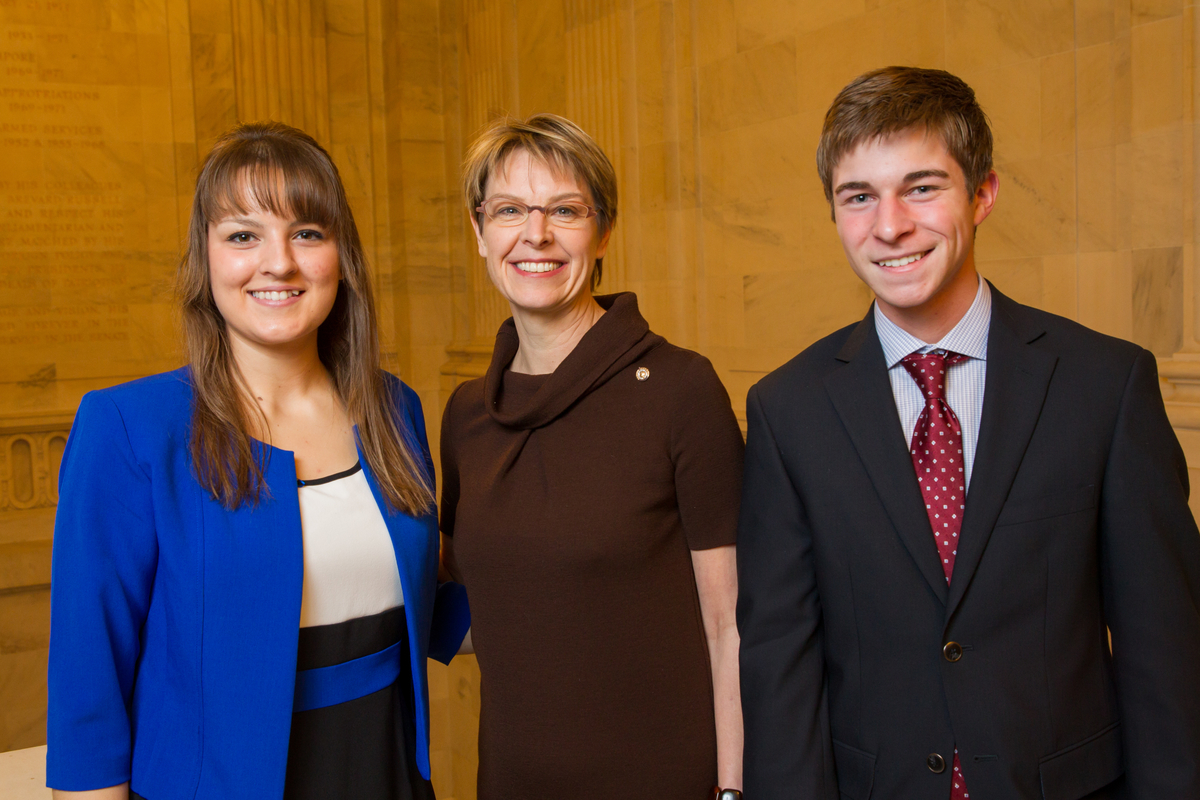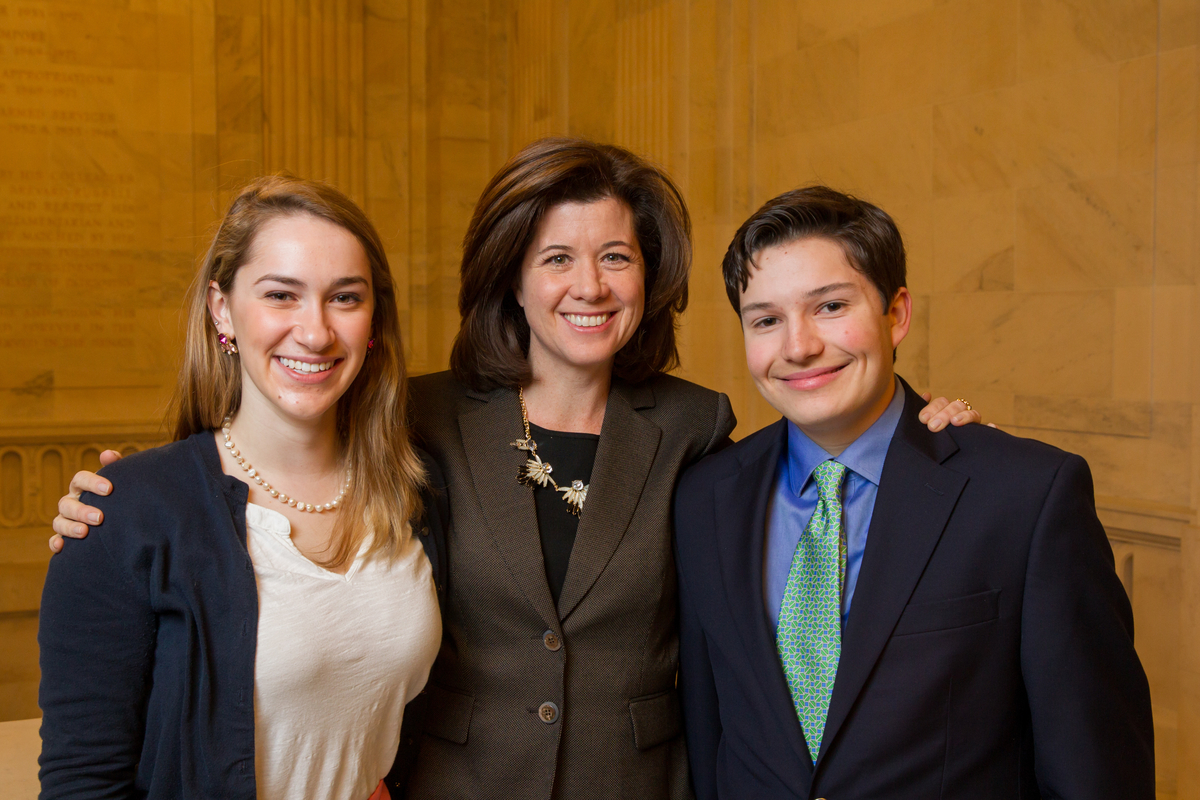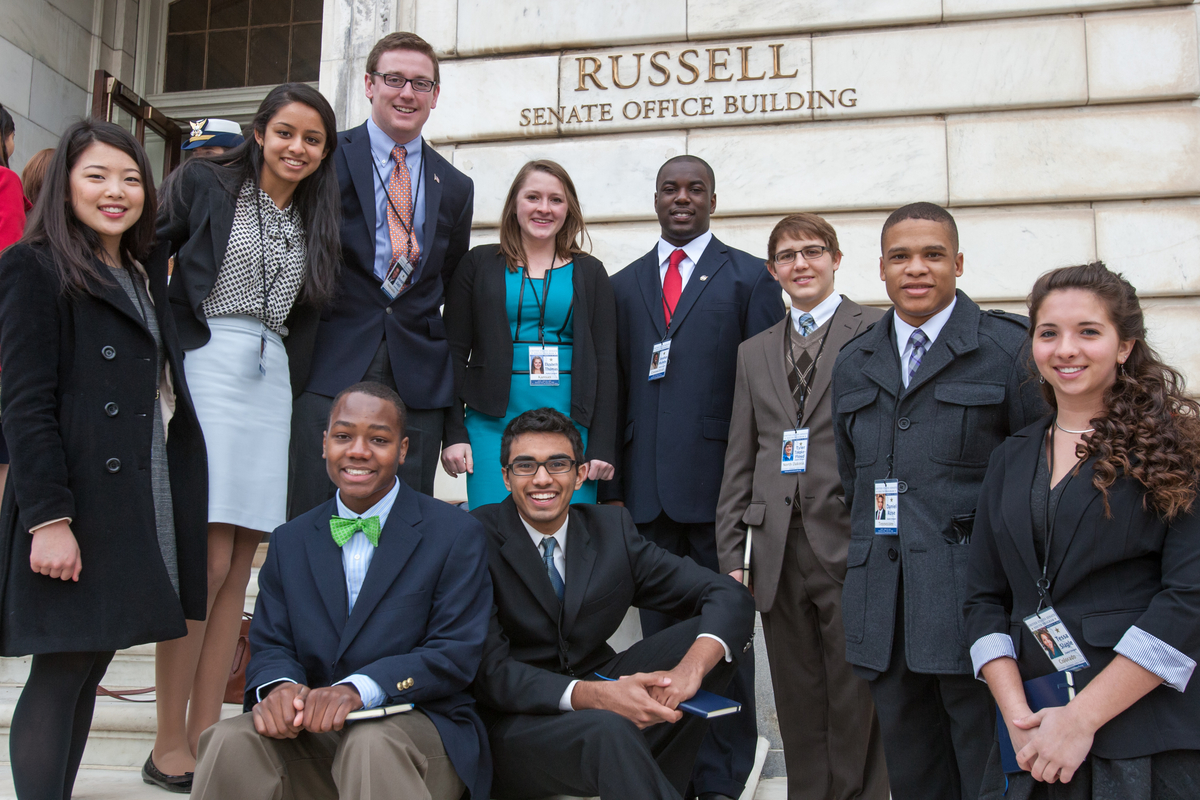 Secretary Nancy Erickson with South Dakota Delegates Gina Elmore and Lane Haskell
Secretary Nancy Erickson with South Dakota Delegates Gina Elmore and Lane Haskell
A youth leadership program sponsored by the United States Senate has its privileges. One of the highlights of Washington Week each year is the opportunity for the student delegates to meet with the Senate’s most senior officers who address the group and reserve time to take many questions. Senate Historian Don Ritchie, Secretary of the Senate Nancy Erickson and Senate Parliamentarian Elizabeth MacDonough intersperse their remarks with personal stories, historical knowledge, factual experience and great advice for the young leaders in their audience. The office of Secretary of the Senate was established more than 225 years ago, and the office of Senate Parliamentarian began almost 80 years ago. The Senate Historical Office, led by Dr. Don Ritchie, offers a wealth of information about these illustrious Senate leadership posts, pointing out that five of the Secretaries of the Senate launched their careers while still in high school, as part of the Senate Page Program. It would not be hard to imagine a USSYP alumnus becoming a future Secretary of the Senate! Secretary Erickson relayed the passion she feels for the history of the office while working to ensure that it functions at the highest possible level in modern times. The position of Senate Parliamentarian was established in 1935, and Ms. MacDonough is the first woman to ever serve in this fascinating role. The Senate Historical Office website offers oral histories of individuals who have shaped the Senate and U.S. history, including Senate Parliamentarian Floyd Riddick who served from 1964-1974. We encourage you to explore many of the oral histories available through Dr. Ritchie’s office to gain a better understanding of the rich history of the United States Senate.
 Parliamentarian Elizabeth MacDonough with Vermont Delegates Katrina Derderian and Christopher Prado.
Parliamentarian Elizabeth MacDonough with Vermont Delegates Katrina Derderian and Christopher Prado.
Here’s a look at the summary of the 2014 session with Secretary Erickson and Parliamentarian MacDonough.
Senior Senate Officers Join Delegates for Annual Lecture
Secretary of the Senate Nancy Erickson and Senate Parliamentarian Elizabeth MacDonough spoke at length and took numerous questions in the historic Kennedy Caucus Room, site of many of the Senate’s historic hearings including for the Titanic Tragedy, the Teapot Dome Scandal, Watergate and Iran-Contra. The two distinguished women leaders, on the front lines of Senate history themselves, offered their personal perspectives on public service and careers on Capitol Hill, just as the Senate, on that first day of Washington Week, was preparing for an all-night session on climate change with cots and late-night meals at the ready. The Senate’s most senior appointed officers both credited early exposure to politics and trips to the nation’s capital as having strong impact on their lives. Secretary Erickson said that coming from a small town in the rural state of South Dakota did not hinder her; rather she found that “humility and a strict work ethic are equalizers.” Ms. MacDonough agreed, and pointed out that “a great sense of humor” is also critical for the chaotic and high-pressure Capitol Hill workdays. Ms. Erickson shared both the early and modern history of her position. The Latin word for secretary means “keeper of secrets” from the days when, unlike the House of Representatives, the Senate met behind closed doors. Another of the Secretary’s roles is to ensure that legislative work can continue in the wake of crises such as the September 11 and anthrax attacks. Ms. MacDonough only gives one public speech a year, which she reserves for the USSYP delegates. She described the long history of the role of Senate Parliamentarian as “a nonpartisan, apolitical umpire for the Senate, a neutral arbiter of its rules and procedures and interpreter of federal laws and the Constitution as they apply to the Senate’s conduct of business.” Her office has also made history in its role of certifying presidential elections, usually behind the scenes, other than rare instances like Bush/Gore election in 2000. The most dramatic change in Senate rules took place in the past year regarding the use of the filibuster, she explained, saying it was a very tough vote for many leaders to change long-standing Senate rules to cut off debate. “This is a seismic shift in the way the Senate conducts its business,” she said, and she and others wait anxiously to see what will transpire in that wake.


